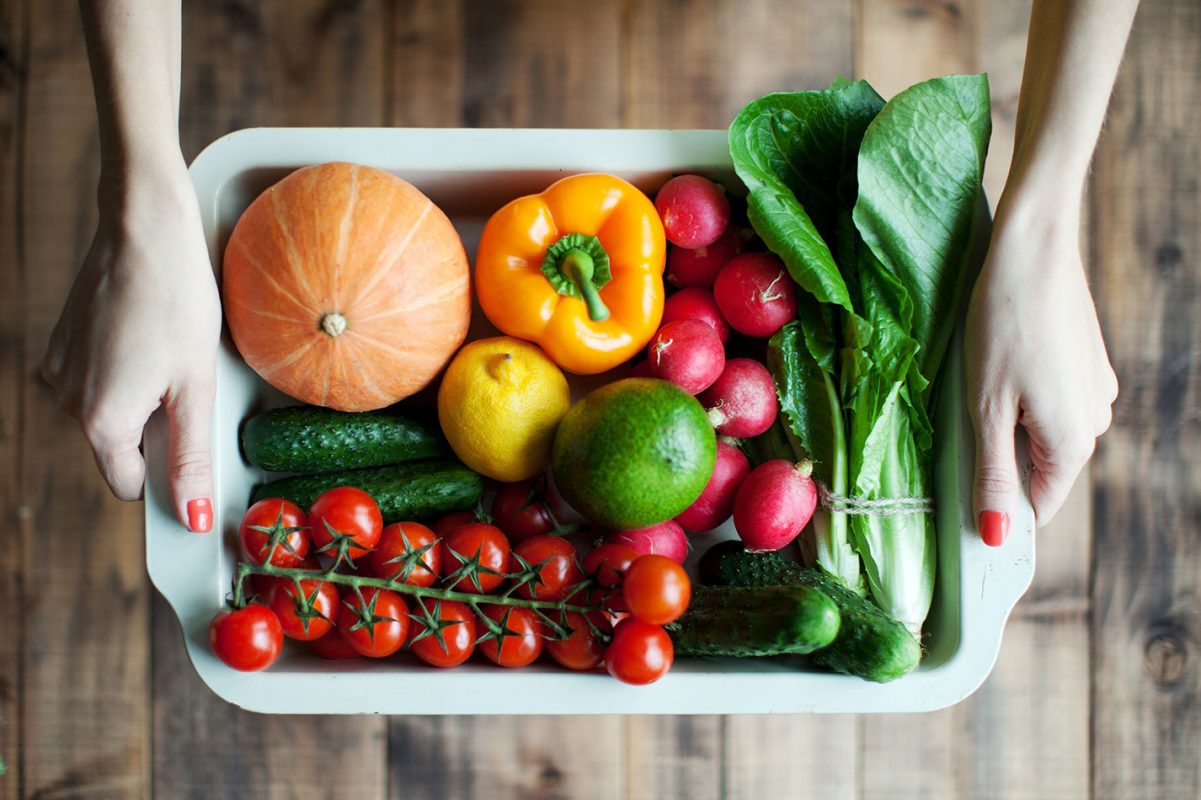Everyone’s shopping experience tends to be different. Some might see it as a time to de-stress from the rest of their day, while others see it as another problem they have to resolve quickly.
Those who simply want to cross another chore off their list are more likely to settle for preserved goods from convenience stores. Because not only are they easy to cook, but they also have a longer shelf life. But are they better than fresh produce, though?
Why You Should Buy Produce
Preserved food is kept in an edible state for a long time because of the drying methods many of them have gone through. With this method, many of these products are already doused in chemicals to begin preserving. Because of this, you’re likely to digest chemicals in what’s supposed to be a ‘healthy diet.’
Meanwhile, produce consists of your run-of-the-mill healthy food; mainly, fruits and vegetables. The nutrients found in them are entirely natural. It’s how they become so compatible with your body, after all—unless you’re allergic to them, of course.
As a result, eating fresh produce helps reinforce your immune system and strengthens your defenses against many diseases.
Tips In Buying Produce
Since produce is fresh compared to preserved goods, it’s much more vulnerable to outside factors. Because of this, you need to be careful when selecting your fruits and vegetables. Lucky for you, here are some tricks for purchasing high-quality microgreens among your selection of tasty produce.
- Stay In-Season
Shopping for produce is far more involved than you’d expect it to be. While buying preserved food only requires you to check its packaging, produce needs you to consider the time you’re buying it—or more precisely, the season.
Each season, different fruits and vegetables are produced. So, you have tropical fruits more prominent in the summer, such as watermelon and cucumbers. Meanwhile, in the cold seasons, citrus fruits take the reins. Certain types of produce thrive more in specific temperatures or conditions as a result of changing weather.
By keeping up with what’s in season, you can plan what you’re going to buy ahead of time. Remember the ones available all year round instead of memorizing which produce flourishes more in which season if it’s too much of a hassle. Furthermore, staying in-season means you always have fresh goods in the market.
- Take Your Time Studying
If you thought the seasons were the only thing you needed to catch up on, then you’re doubly mistaken. Although they’re all in-season, finding bruises or other markings isn’t that farfetched. Considering how much produce is typically displayed, it’s bound to be affected by being out in the open.
Most fresh produce continues to mature. Unless stored in a fridge, fruits and vegetables will continue to mature until they go overripe and rot. Vendors and staff usually organize their products, so the older ones are in front. So, make sure to check whether they’re still good by:
- Squeezing it to determine its firmness
- Looking at its vibrant colors
- Studying its crisp leaves
- Smelling it, or
- Feeling its weight
All of these might sound like a lot of work. But once you have a fruit or veggie in hand, you can easily deduce whether it’s still good or not as long as you examine it thoroughly.
- Frozen Does Not Mean ‘Bad’
Selling frozen goods always has a bad reputation. And you can’t exactly blame those who seriously doubt frozen produce is good because the question of how long it’s been in the fridge might raise too many eyebrows. However, for produce, freezing isn’t bad at all.
As mentioned earlier, being displayed at the market for too long will cause the produce to ripen faster. But now that they’re frozen, their maturation will be halted completely. This way, even blueberries (which are infamous for spoilage after a few days) can remain fresh in all of their frozen glory with their sweetness retained.
- Separate Your Produce
In a cooked meal, meat and produce would be wonderful together. But what if they’re both still raw? You need to have them separated when you buy them simultaneously.
Meat has all sorts of bacteria clinging onto it. Because of these bacteria, it can drive your produce to rot in record time, especially if you popped it in the fridge without washing it.
Store your produce and meat in separate bags when you’re bringing them home. This way, your fresh produce will remain fresh even after days of going unwashed in the fridge.
The Bottom-line
Eating fresh produce plays a crucial role in your diet if you aim for top-notch health. However, shopping for it can be difficult, especially for those who’ve been buying preserved goods for so long. But once you’ve learned how to get started, you’re bound to get the hang of it someday.








